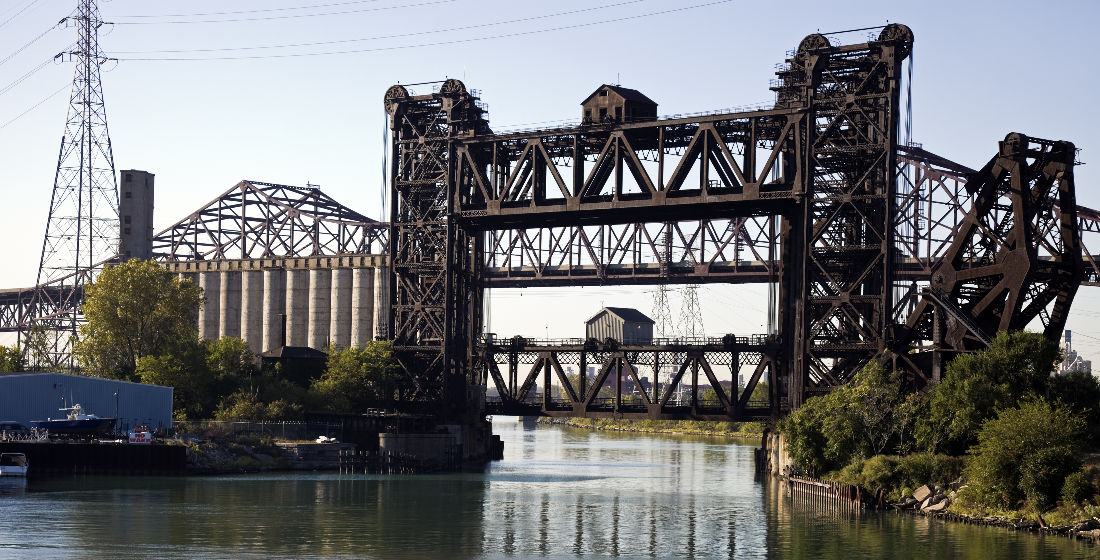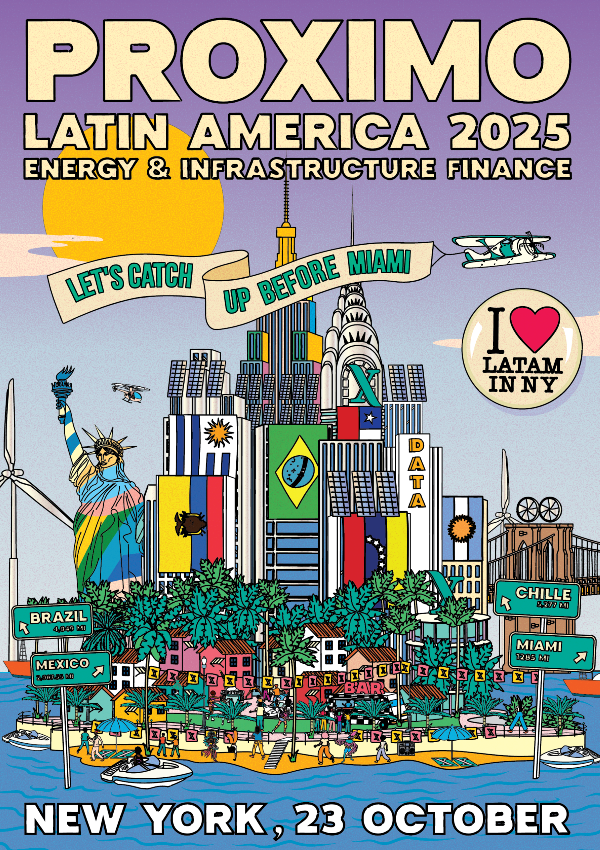Proximo Weekly: More asset churn from the US PPP market
What Atlas Arteria's acquisition of the Skyway says about the state of the Australian infrastructure market. And what travelling the Skyway says about US PPP

In mid-2004, a young banker from Goldman Sachs rang up the office where one of Proximo’s editors was then working to ask whether we would be able to put them in touch with potential buyers of toll bridges.
The call was unusual, not just because Goldman was admitting to a less than full address book, but also because the US was not at the time a hotbed of PPP activity. True, the year before Macquarie had closed the construction financing for what is now the South Bay Expressway in California. But cities, states and local governments had generally kept full financial and operational control of their revenue-generating transport assets.
But the city of Chicago raised $1.83 billion from the 99-year lease of the Skyway to a Macquarie-Cintra consortium in 2004, and the US PPP market started in earnest. Eventually political opposition to these asset monetisations overcame governments’ need to raise cash. And by 2008, the financial crisis led to a collapse in lender appetite and the economic depression led to several bankruptcies.
But Skyway has continued to perform strongly. Toll revenue has climbed from $45 million per year to $114 million between 2004 and 2021, with a small dip in 2010, and a larger dip in 2018-20, thanks to a construction project and the pandemic.
Cintra boasted that it made back 44% of its investment in a 2005 refinancing of the road, and in 2016 Cintra, Macquarie Atlas Roads and Macquarie Infrastructure Partners raised $2.879 billion when they sold the concession to Canada Pension Plan Investment Board, OMERS and Ontario Teachers.
Now, on 19 September, CPPIB and OMERS agreed to sell two-third of the road back to Atlas Arteria (the renamed Macquarie Atlas) for $2.013 billion. Atlas, which is Australian-listed, is raising A$3.098 billion in new equity to meet the purchase price.
The acquisition has led to something of a row within the Australian infrastructure market, because IFM, a big shareholder in Atlas (and owner of the Indiana Toll Road that feeds into the Skyway), very much opposes the acquisition. It says that the deal could destroy A$1 billion in value, and that construction on a competing free route is the only reason for Skyway’s strong traffic performance.
The cynical view is not flattering to either side. IFM declined to bid for Skyway, but is rumoured to be interested in taking Atlas private. Atlas needs the road to extend the average length of its assets. Its prize asset, the French APRR toll business, has a concession that expires in 2035. Skyway expires in 2104. Both investors and managers want more long-term visibility about Atlas’ cashflows.
So far, Atlas’ shareholders have come into line. A 1 for 1.95 entitlement offer received the support of 93% of existing institutional shareholders for proceeds of about A$2.5 billion. Atlas will now go to retail shareholders to seek their support.
Atlas’ management, while now formally separate from Macquarie, can point to some familiarity with the asset. But the deal does provide further evidence that the US infrastructure market is more a constant process of recycling equity than an industry that can meaningfully improve the quality of America’s infrastructure.
The Proximo Perspective
This writer happened to travel on both the Skyway and ITR while visiting friends and family in the Midwest this summer. The experience was not completely positive, involving cranky machinery, under-staffed booths, and baroque payment processes. A French toll road would have been embarrassed at the level of service. If it was in 2012.
Perhaps queue times at booths, and not just an ability to flip assets and extend concession lengths, could form a bigger part of infrastructure managers’ compensation packages?
Selected news articles from Proximo last week
NORTH AMERICA
NextDecade launches private placement eyeing Rio Grande LNG FID
NextDecade has launched an $85 million private placement in preparation to take a positive final investment decision on the Rio Grande LNG project’s first three trains.
EUROPE
Further details on Low Carbon portfolio financing
Further details have come to light regarding the financing of Low Carbon's 1GW renewables portfolio.
ASIA-PACIFIC
ACEN closes on second Australian facility
Philippines-based renewables developer ACEN has signed the facility agreement for an AUD140 million ($94 million) green loan in support of its plans to expand in the Australian market.
MIDDLE EAST & AFRICA
TAQA, Engie and Sojitz complete Mirfa IWPP refinancing
TAQA, Engie and Sojitz have completed the $1.09 billion (AED4 billion) refinancing of their Mirfa independent water and power project.
SOUTH AMERICA
Lake Resources to close Kachi lithium project funding next year
Australia-based Lake Resources is expected to close a roughly $600-800 million ECA-backed limited-recourse debt package to finance the construction of its flagship Kachi lithium project in Argentina in Q3 2023
The Proximo Membership
Join a brand new community of project finance professionals getting unrivalled access to unique analysis, market data and a global portfolio of expert industry events in the energy and infrastructure space. Click here to find out more





